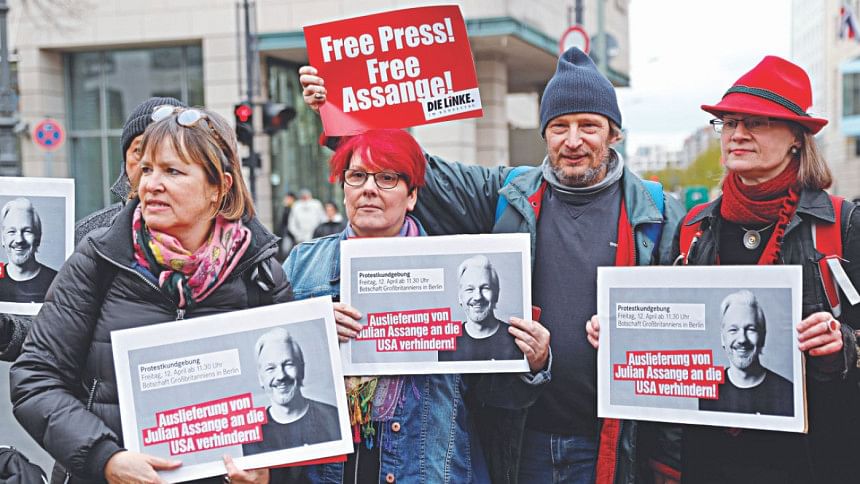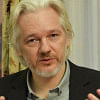WikiLeaks: Journalism or not?

After the arrest of WikiLeaks founder Julian Assange in London, his lawyer was quick to characterize it as an assault against the rights of journalists all over the world who seek to uncover secrets.
But was it quite that clear? Does WikiLeaks do journalism, or is it something else?
The answer wasn't evident when the organization burst into public consciousness at the top of this decade with the release of government documents about the wars in Iraq and Afghanistan. It seems even less so now.
Launched in 2006 as the vision of Australian computer hacker Assange, WikiLeaks produced raw data, not stories — things like Sarah Palin's personal emails or membership rolls of neo-Nazi organizations. The thousands of memos, cables and other documents about US war efforts revealed when Assange allegedly conspired with Chelsea Manning to break into a Pentagon computer took WikiLeaks to another level. Some viewed Assange as a hero, others as a traitor.
Either way, it was a heady time. WikiLeaks was considered a new type of news organization, fueled by the power of the Internet and democratization of information.
The organization's methods can be — and sometimes are — seen as a threat to the journalism's traditional gatekeepers of power. But journalism has encompassed many traditions over the decades and centuries.
WikiLeaks has been an influence in two positive trends for journalism over the past decade, says Lisa Lynch, a journalism professor at Drew University who has written about the organization. It emphasized the importance of data-driven journalism, an increasingly valuable tool. Since WikiLeaks was often willing to work with traditional outlets in how it released data, it encouraged news organizations to cooperate more in chasing stories. The 2016 "Panama Papers" investigation that revealed the offshore financial havens of political leaders showed what can happen when journalists team up.
Despite utopian ideals, though, real life is more complicated.
Information isn't always merely information; government files can reveal wartime informants and put people's lives in danger. And information can be weaponized through decisions about what to reveal and what not to reveal. For example: Many people saw Assange's decision to publish the private emails of Hillary Clinton's campaign chairman as a sign of coziness with Russia and a contributing factor in Donald Trump's election as president.
Add into the mix the rise of blogging and social media, which permit anyone with an internet connection to use the term "journalist" and be immediately and globally amplified, and the result is ambiguity about who is a journalist and who isn't.
In that environment, Assange, too, presents an ambiguous image.
David Boardman, dean of Temple University's communications school and chairman of The Reporters Committee for Freedom of the Press, said one key thing sets WikiLeaks apart from news organizations: the accusations that Assange acted illegally with Manning to obtain the war documents.
"I consider it something different," said Boardman, the former executive editor of The Seattle Times. "I don't consider it a journalistic organization."
Boardman considers the US government's case against Assange, as it is now outlined, as narrowly based upon his actions with Manning and thus not threatening to journalists. Others consider this a narrow reading of the case — one fueled, perhaps, by a discomfort with Assange's methods and the idea of whether he should be considered a journalist at all.
Journalist Glenn Greenwald, himself no stranger to controversies about the release of information, tweeted Thursday: "If you're a US media star who has spent two years claiming to be so concerned about press freedoms over Trump's mean tweets about your friends, but don't raise your voice in protest over this grave attack on press freedom, take a hard look in the mirror."

 For all latest news, follow The Daily Star's Google News channel.
For all latest news, follow The Daily Star's Google News channel. 








Comments